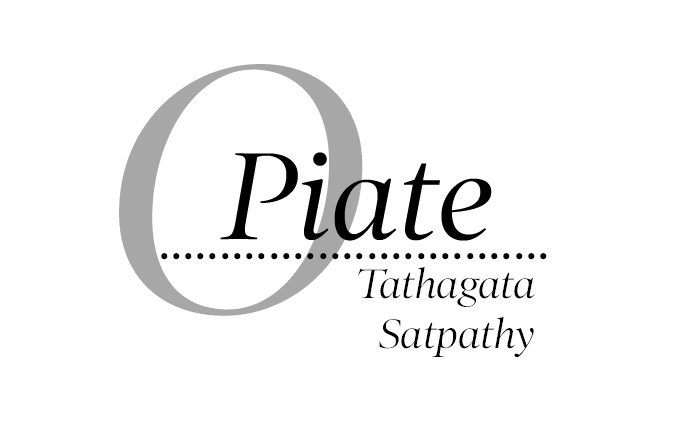The government of India has recently proposed a draft law to raise legal age for smoking to 21 years from the present 18 years. Titled ‘Cigarettes and Other Tobacco Products (Prohibition of Advertisement and Regulation of Trade and Commerce, Production, Supply & Distribution) Amendment Act 2020’, the Bill, when it becomes law, is bound to create an unnatural atmosphere at the implementation level.
India has the unique distinction of being, probably, the only nation in the whole world which sells single cigarette sticks to consumers. Worldwide, a smoker is compelled to purchase a sealed pack of cigarettes. The reasons behind the Indian scenario could be two fold. First, the average smoker in this country being financially stressed, is unwilling to buy a whole pack and prefers not to spend a hefty sum. Second, again the average smoker may not be a chain smoker and does not feel the necessity to hold on to a whole pack. That possession could also imply, perforce, sharing with friends and colleagues which could be economically draining. These economic assumptions seem acceptable when different surveys are studied. One study for example, conducted a few years ago, claims that when taxation is increased by 10% on cigarettes, number of smokers declines by nearly 8%. These indicators point out that higher cost of such goods do make a difference in a country where the consumer is extremely price conscious.
To combat the menace of underage smoking, Maharashtra government enacted a law banning sale of single cigarette sticks in September 2020. According to findings of that state government, this step has indeed affected consumption of cigarettes. Another survey claims that when people are allowed to buy a single cigarette, they do not feel the effect of higher taxation. According to The Global Tobacco Youth Survey, 2016, ‘the Indian state of Maharashtra has the lowest rate of smokers in that country.’ Such reports strengthen the impression that raising taxes alone do not hinder growth of tobacco addicts. The real problem lies at the retail shop level. These and many such other issues never get addressed by the government when laws are drafted and passed in the legislatures. For example, it would be very difficult for a rural cigarette shop owner to judge the true age of a customer. Today many school going children look very grown up, even though they may be in their teens. The new law would expect every customer to carry a proof of age. The problem does not end there because every shopkeeper will then be expected to have the ability to read and decipher that proof. In most other countries, every citizen carries an identification card (ID). That is considered normal since the ID has very many roles and uses in regular day to day life. For instance, the ID proof of age allows free entry to many museums and sites as well as a person below a certain age is entitled to travel discounts on coaches and trains.
India unfortunately has a plethora of cards or IDs that do not seem to deliver. As an example, our Aadhaar cards may be necessary for getting benefits from government’s welfare schemes but cannot be used as a quick reference for age or address verification unless the cumbersome process of using a computer with internet facility is resorted to. A youngster trying to prove that her age is above 21 years through her Aadhaar card will not make the cigarette shop owner’s life simpler.
Across the civilized world, buying alcohol also requires proof of age. In India, that is not even an issue. A person of any age can queue up in front of any liquor shop and buy whatever amount of alcohol he desires provided he has the cash. It is in such activities that the country seems united. Here it can be truthfully claimed that ‘Kashmir to Kanyakumari—India is One’. Throughout the length and breadth of this country, alcohol shops do not ask for verification of age of the purchaser. This is certainly a bigger threat to law and order as well as traffic. It is a proven fact that drivers under the influence of alcohol have caused serious road mishaps, killing innocents in thousands every year. This is a singularly deadly cause for the huge number of deaths on Indian roads annually. Yet the government does not bother about it. Instead, licences are granted, on a daily basis, to open new liquor shops as well as bars right beside highways. The slogan – ‘Don’t Mix Drinking and Driving’ – has remained just that, a slogan!
Tobacco or Alcohol, the government’s efforts at controlling such intoxicants will never have the desired effects since the ground realities are not being taken into consideration when drafting such imbecile laws.
